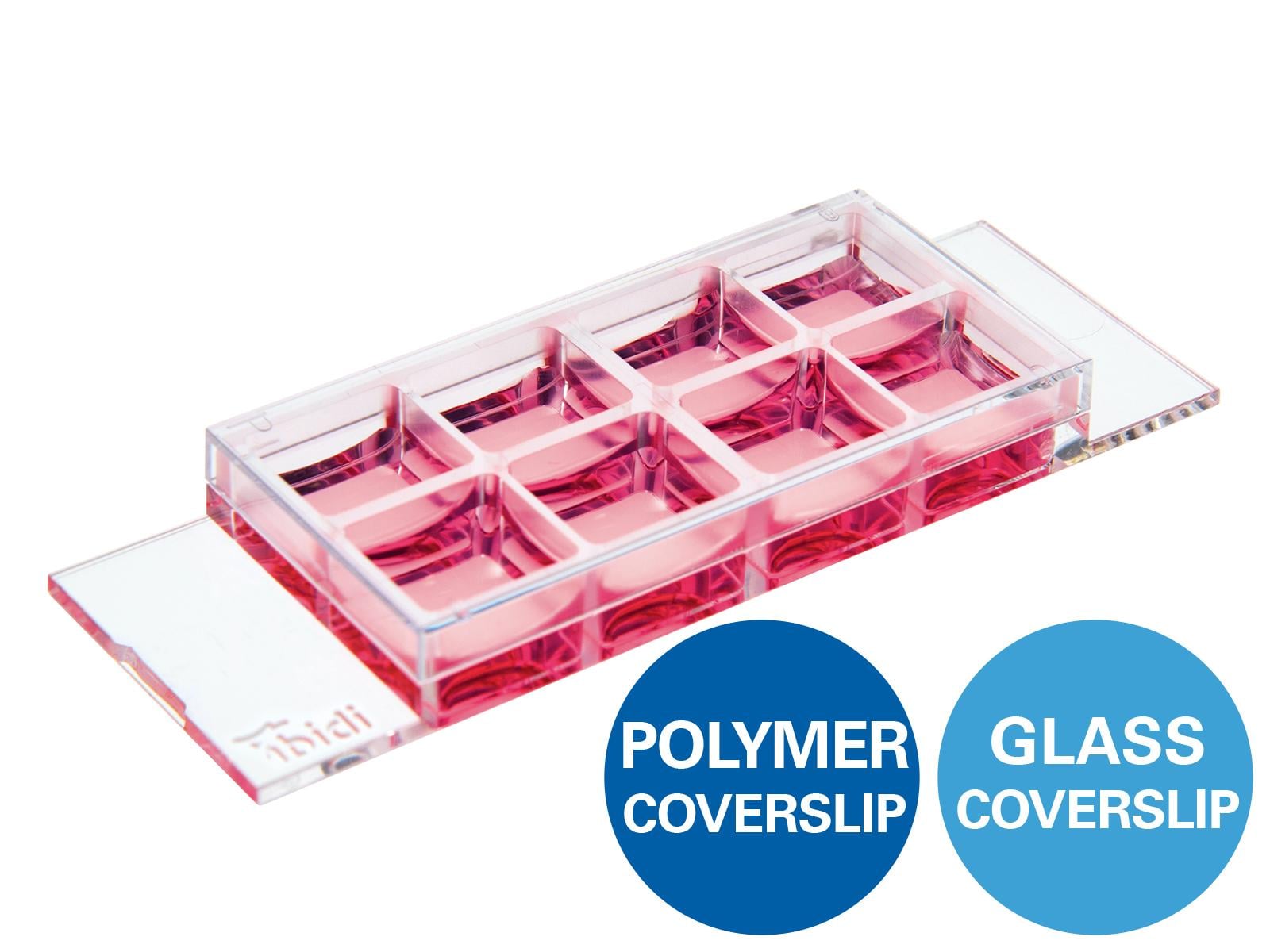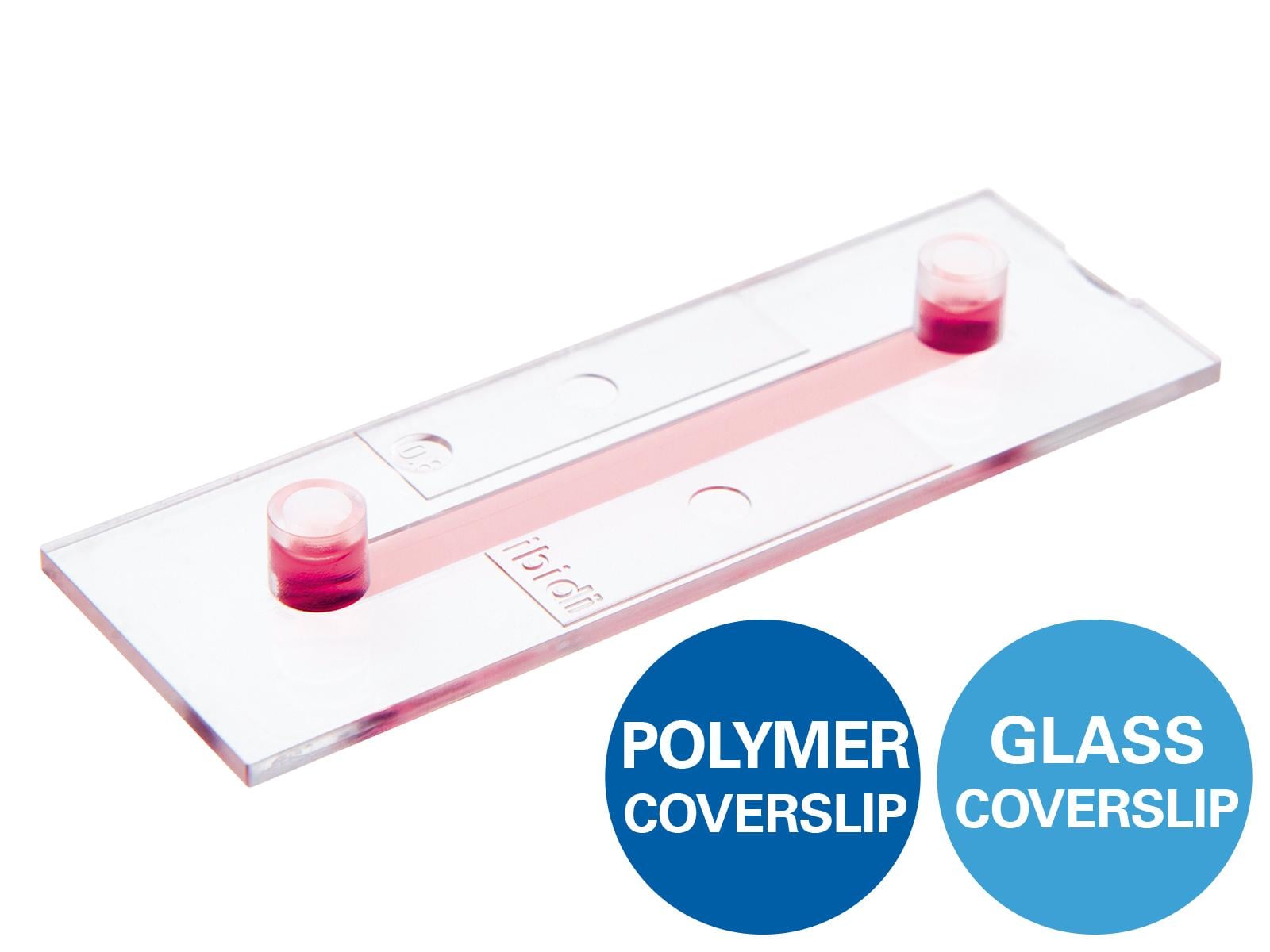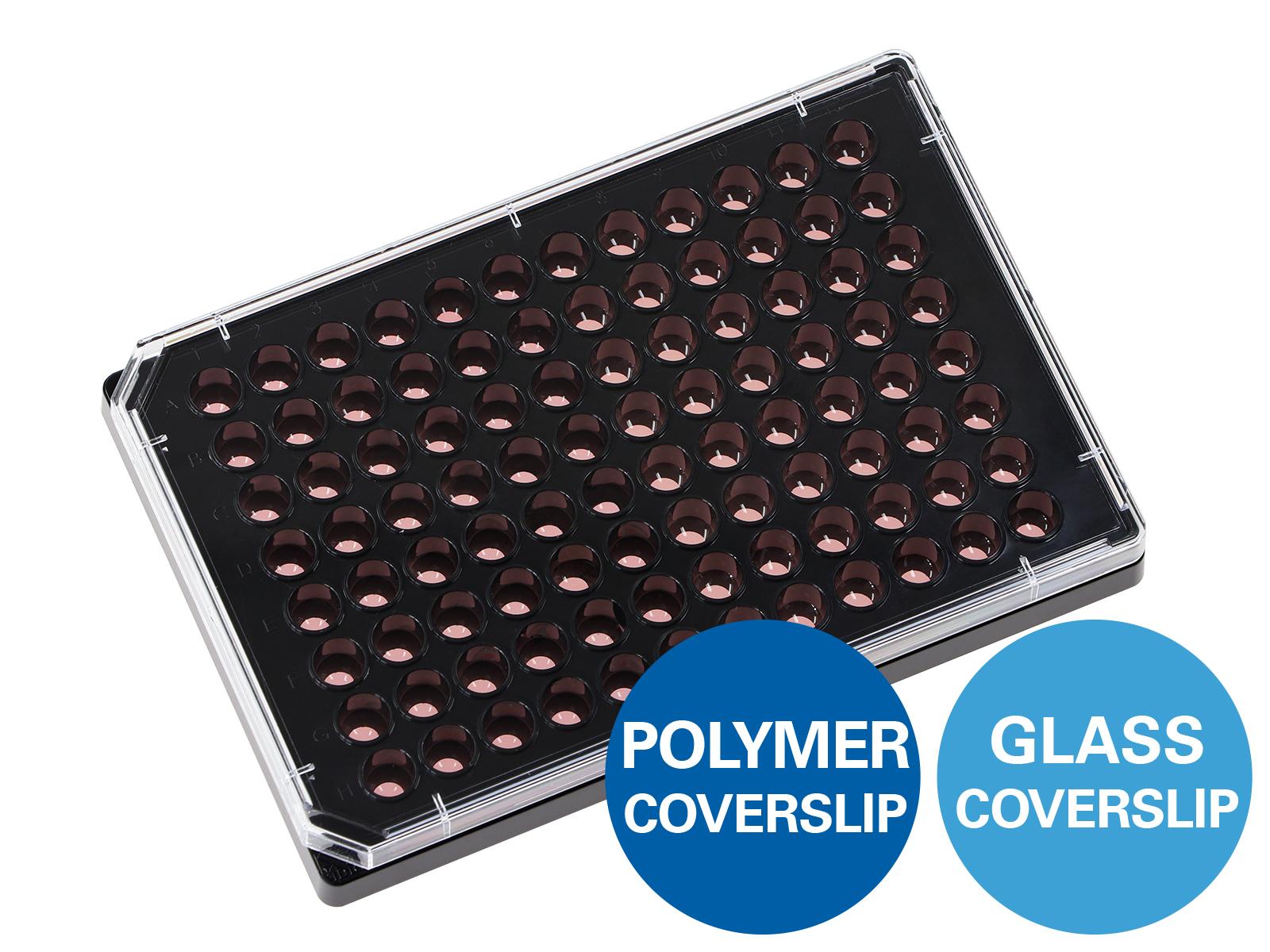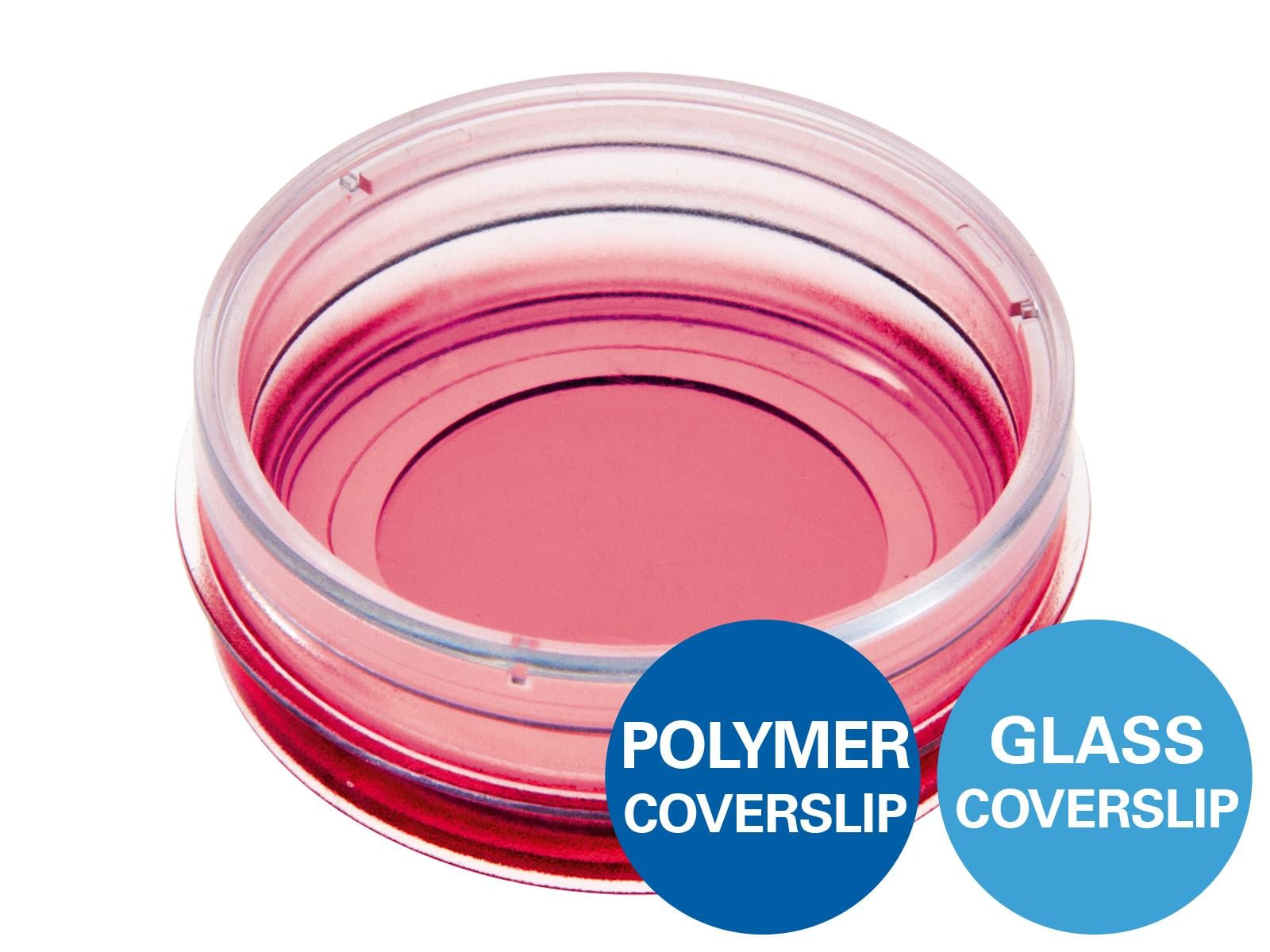
2nd ibiTea on July 13, 2021: This event took place in the past, the registration is closed.
New Insights Into the Importance of Bacterial Biofilms for Diagnostics and Therapy
These topics are waiting for you:
How Dead is Dead in Biofilm-Associated Infections? Diagnostics, Complications, and Consequences
Presented by Dr. Judith Kikhney, Charité and MoKi GmbH, Berlin, Germany

Streptococcus biofilm on a human heart valve. In blue, cocci nucleic stained with DAPI, active streptococci in the outer layer of the biofilm stained in orange for the Streptococcus-specific FISH probe.
Killing of Pseudomonas aeruginosa Biofilm Cells by Small Molecule Inhibitors of the BfrB-Bfd Complex
Presented by Dr. Anabel Soldano, Louisiana State University in Baton Rouge, USA

Confocal laser scanning microscopy of EYFP-expressing P.aeruginosa PAO1 biofilms cultured in flow cells and treated with 80 μM KM-5-25.Viable cell mass is in yellow and dead cells and extracellular DNA in red.
ibiTea Topic Outline
New diagnostics in Biofilm-associated infections is a crucial topic for our first presenter, Judith Kikhney. Biofilm-associated bacteria pose a significant risk to patients, since they tolerate higher concentrations of antibiotics. Standard clinical diagnostics imply disintegration of the biofilm and growth of bacteria in vitro. These routine tests might give misleading information in terms of the antibiotic susceptibility of the bacteria. To better analyze these biofilms, Judith’s lab has adapted the ibidi Pump System to produce standardized, well-defined biofilms that allow digital image analysis to quantify bacterial cells and their respective activity measured by signal intensity (based on FISH technology).
Our second presenter, Anabel Soldano, will discuss the opportunistic pathogen Pseudomonas aeruginosa and its ability to form biofilms and survive in adverse environments. Anabel’s research is showing the use of biofilms of P. aeruginosa to test their susceptibility to antimicrobials. She will present the results of inhibiting the interaction between bacterioferritin (BfrB), the main iron storage protein, and its associated ferredoxin (Bfd). Her research group discovered that derivatives of 4-aminoisoindoline-1,3-dione can penetrate P. aeruginosa cells, bind BfrB selectively at the Bfd binding site, inhibit the mobilization of bacterioferritin-stored iron and elicit iron starvation. Showing that the 4-aminoisoindoline-1,3-dione inhibitor is bactericidal to cells embedded in mature biofilms, has uncovered a rare weakness that may be exploited to combat P. aeruginosa chronic (biofilm) infections.
Speakers
Judith Kikhney
Charité and MoKi Analytics GmbH, Berlin, Germany
Judith Kikhney is a biologist and, since 2009, active as a scientist at the Biofilmcenter of the Institute for Microbiology, Infectious Diseases, and Immunology at Charité. She is the co-founder and CEO of the MoKi Analytics GmbH, a start-up company from Charité–Universitätsmedizin Berlin, founded in 2017. MoKi Analytics offers products and services for the molecular biological detection of microorganisms. With MoKi Analytics, Judith Kikhney is involved in several national and international research projects. Her main research interest is in determining the efficiency of antimicrobial agents on biofilm microbes.

Dr. Anabel Soldano
Louisiana State University in Baton Rouge, USA
Anabel studied biotechnology at the Universidad Nacional del Litoral in Argentina. From 2011 to 2016, she worked on her PhD in Biological Science at the Universidad Nacional de Rosario on the topic “Redox metabolism associated with the plant type ferredoxin-NADP+ reductase from Leptospira interrogans”. Then, in 2016, she started working as a Postdoctoral Researcher at the Louisiana State University, USA. In 2018, while at LSU, she has focused on her research topic, “Iron homeostasis in the opportunistic pathogen Pseudomonas aeruginosa.”





